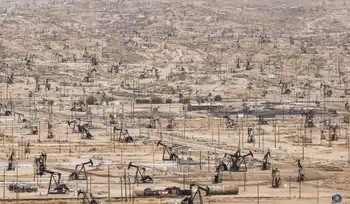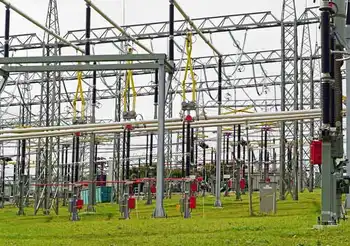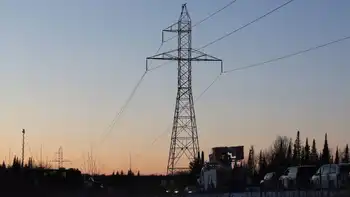Duke raises cost estimate for Indiana coal project
HOUSTON, TEXAS - Duke Energy Corp raised the cost estimate for its proposed clean-coal gasification plant in Indiana by $365 million, to $2.35 billion, in a filing with state regulators.
In a release, Duke said the increased cost would boost electric rates by 2 percent. Construction costs were already expected to raise rates 18 percent.
In November, the Indiana Utility Regulatory Commission granted Duke permission to build the 630-megawatt Edwardsport integrated gasification combined cycle (IGCC) plant. Commission approval is needed for additional costs to complete the plant, Duke said.
Duke blamed rising costs on international competition for materials and on higher labor costs. The plant is scheduled to be completed in 2012.
IGCC is a technology that can convert coal to a synthetic gas, allowing pollutants to be separated from the gas before combustion. The syngas is used in a combined-cycle power plant to generate electricity.
Viewed as a way to reduce pollution while using plentiful U.S. coal supplies, only a few IGCC projects are moving forward because of rising costs and uncertainty over future regulation of carbon dioxide, a greenhouse gas blamed for global warming.
"In the Midwest, coal is plentiful and relatively low-cost, and finding ways to burn it cleanly is fundamental to meeting our customers' demand for power," said Jim Stanley, president of Duke Energy Indiana.
"If we didn't pursue this project, our primary alternative would be to rely on natural gas." While gas plants are much cheaper to build, "gas prices and supplies are volatile and unpredictable," he said.
If built, the Edwardsport plant will produce 10 times as much power as existing units at the site but will emit less sulfur dioxide, nitrogen oxide and mercury and less carbon dioxide per megawatt-hour than the 50-year-old units which will be retired, Duke said.
IGCC technology also makes it possible to store or sequester the carbon dioxide underground.
Duke also asked for approval to study the costs and the site's suitability for capturing and storing some of the carbon dioxide, Duke said.
"Our goal is to make this one of the nation's first demonstrations of carbon capture and sequestration at a power plant," Stanley said.
Environmental groups oppose federal tax credits which have been granted to the project.
Related News

How Should California Wind Down Its Fossil Fuel Industry?
LOS ANGELES - California’s energy past is on a collision course with its future. Think of major oil-producing U.S. states, and Texas, Alaska or North Dakota probably come to mind. Although its position relative to other states has been falling for 20 years, California remains the seventh-largest oil-producing state, with 162 million barrels of crude coming up in 2018, translating to tax revenue and jobs.
At the same time, California leads the nation in solar rooftops and electric vehicles on the road by a wide margin and ranking fifth in installed wind capacity. Clean energy is the state’s future. By law,…




